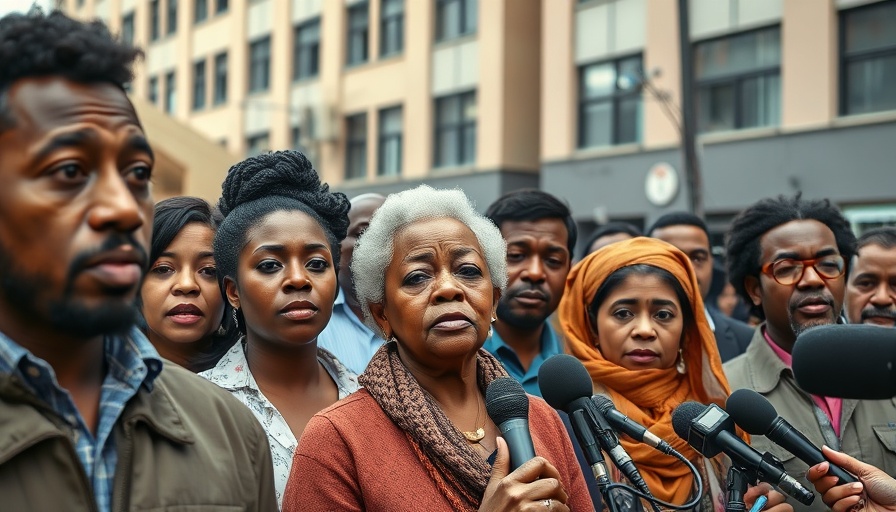
The Fight for Equality in Transgender Passport Rights
A recent legal development in Boston has marked a significant moment for transgender rights in the United States. On June 17, 2025, a federal judge granted class-action status to a group of transgender and nonbinary Americans in a lawsuit against a controversial passport policy enforced by the U.S. State Department. This policy mandates that passports reflect only the sex recorded on the applicant’s original birth certificate, a measure that many argue infringes upon basic civil rights.
Understanding the Legal Implications
The ruling by U.S. District Judge Julia E. Kobick comes after a preliminary injunction was put in place, preventing the State Department from enforcing its stringent policy. Judge Kobick found likely violations of the Fifth Amendment’s equal protection guarantee within the policy, highlighting its roots in “irrational prejudice” towards transgender individuals. This finding underscores a growing recognition of the systemic discrimination faced by the transgender community in official governmental processes.
Broader Context of Transgender Rights
The context for this case extends beyond just passport policies. It reflects a series of regulatory changes initiated during the Trump administration, including an executive order aimed at limiting government acknowledgment of transgender identities across various platforms. The backlash against this executive order has led to a robust legal challenge as advocates for the transgender community continue to fight for equality and recognition.
Emotional and Human Stakes
For the plaintiffs involved, the stakes are profoundly personal. They have expressed that discrepancies between the gender marker on their passports and their actual gender identity lead to significant risks, including exposure to hostility and discrimination. The court’s decision to recognize these risks as valid grounds for legal action highlights the emotional and psychological impact such policies can have.
Potential Future Implications
The implications of this case extend beyond the plaintiffs. If the courts ultimately side with the transgender community, this could lead to a domino effect, prompting a reevaluation of similar policies nationwide. The precedence set here could encourage more inclusive governmental practices, as well as spur further legal challenges against discriminatory legislation.
Moving Forward: What Can Be Done?
As the case progresses, it is crucial for allies and advocates to remain engaged. Raising awareness and supporting organizations that promote transgender rights can help amplify the message. Individuals can also reach out to their local representatives, advocating for policies that foster inclusivity and respect for all citizens, regardless of gender identity.
As this legal battle unfolds, it promises not only to challenge existing policies but also to reshape how society perceives and treats its transgender population. The fight for identity, recognition, and equality continues, as each step taken toward justice signifies a crucial victory for human rights.
 Add Row
Add Row  Add
Add 




 Add Row
Add Row  Add
Add 

Write A Comment